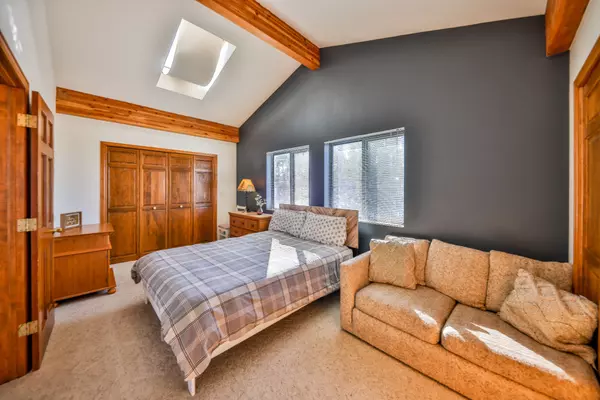The Importance of Home Insurance: What Does it Cover?

When it comes to protecting your home, home insurance is a critical component that every homeowner should consider. It serves as a safety net, providing financial protection against unexpected events that could lead to significant losses. But what exactly does home insurance cover, and why is it so important? Let’s explore the essentials of home insurance and its benefits.
Why Home Insurance Is Important
-
Financial Protection: Home insurance safeguards your investment by covering repairs or replacements for damages caused by covered perils, such as fire, theft, or natural disasters. Without it, you could face substantial out-of-pocket costs.
-
Liability Coverage: Home insurance protects you from liability claims if someone is injured on your property. This can cover legal fees and medical expenses, giving you peace of mind in case of accidents.
-
Mortgage Requirement: Most lenders require homeowners to carry insurance as part of the mortgage agreement. This protects both the homeowner and the lender’s financial interests.
-
Peace of Mind: Knowing that your home and belongings are insured provides reassurance. You can focus on enjoying your home rather than worrying about potential financial risks.
What Does Home Insurance Cover?
Home insurance typically includes several key components:
1. Dwelling Coverage
This is the core of your home insurance policy. It covers the physical structure of your home, including the walls, roof, and built-in appliances. If your home suffers damage from a covered peril (like fire, windstorm, or vandalism), this coverage helps pay for repairs or reconstruction.
2. Personal Property Coverage
This portion of your policy protects your personal belongings, such as furniture, electronics, and clothing, from covered events. It typically covers loss or damage due to theft, fire, or certain natural disasters. Many policies offer replacement cost coverage, which pays to replace your items at their current market value.
3. Liability Protection
Liability coverage protects you from financial loss if someone is injured on your property or if you accidentally cause damage to someone else’s property. This can cover legal fees, medical expenses, and settlements up to the limits of your policy.
4. Additional Living Expenses (ALE)
If your home becomes uninhabitable due to a covered loss, this coverage helps pay for temporary living expenses, such as hotel bills and meals. This ensures that you have a place to stay while your home is being repaired.
5. Medical Payments Coverage
This provides coverage for medical expenses if someone is injured on your property, regardless of fault. It’s typically a small amount and helps cover immediate medical costs, making it easier to resolve minor incidents without going through liability claims.
6. Specialized Coverage Options
Depending on your needs, you can also add specialized coverage options to your policy, such as:
- Flood Insurance: Standard home insurance does not cover flooding, so consider a separate policy if you live in a flood-prone area.
- Earthquake Insurance: Similarly, earthquake damage is often not covered in standard policies, requiring a separate endorsement or policy.
- Scheduled Personal Property: If you own valuable items like jewelry, art, or collectibles, you may want to schedule them for additional coverage.
Home insurance is an essential part of protecting your investment and providing peace of mind. Understanding what it covers helps you make informed decisions about your policy and ensures you have the right protection in place. By safeguarding your home, personal belongings, and finances, home insurance is not just a wise investment—it’s a necessity for any homeowner. If you haven’t reviewed your coverage recently, consider reaching out to an insurance agent to ensure your policy meets your needs.
Recent Posts










GET MORE INFORMATION

Team Lead | License ID: 100041185

